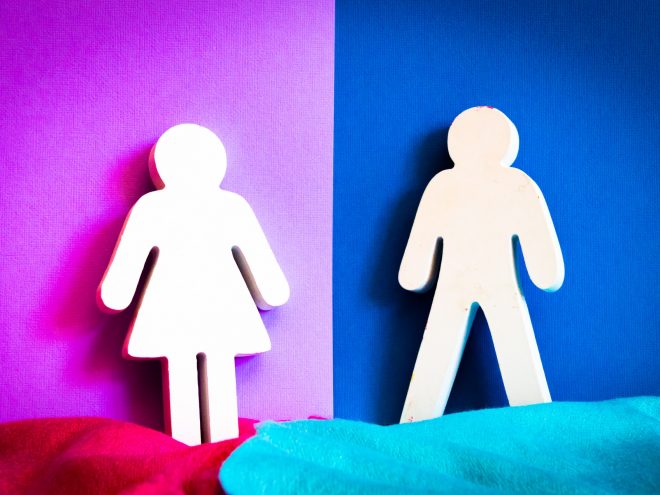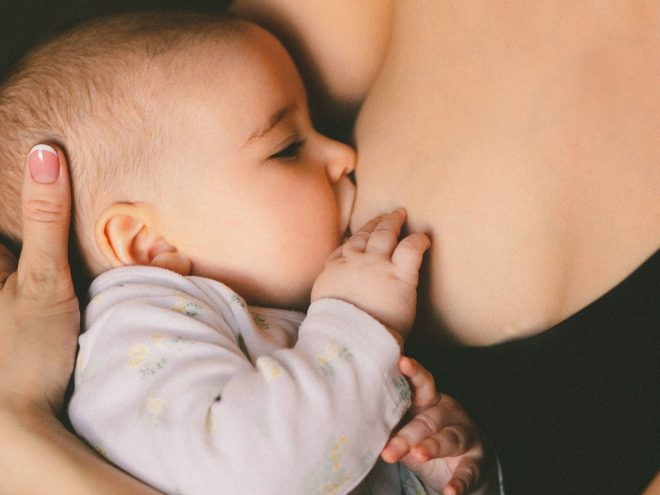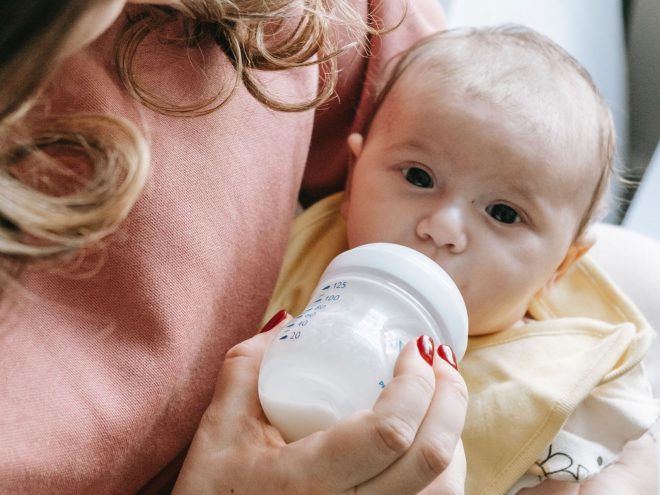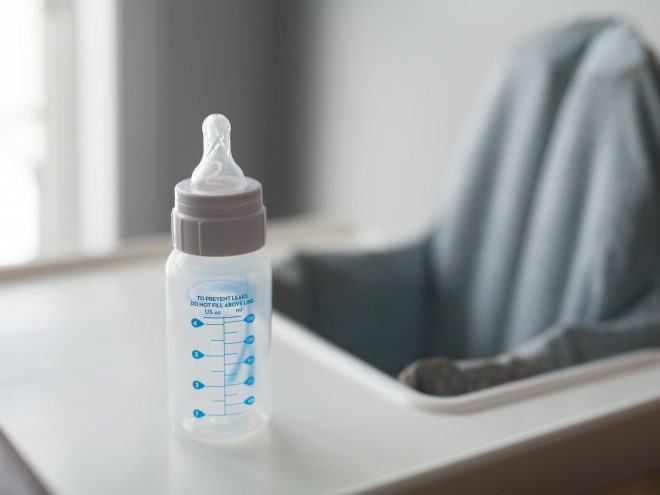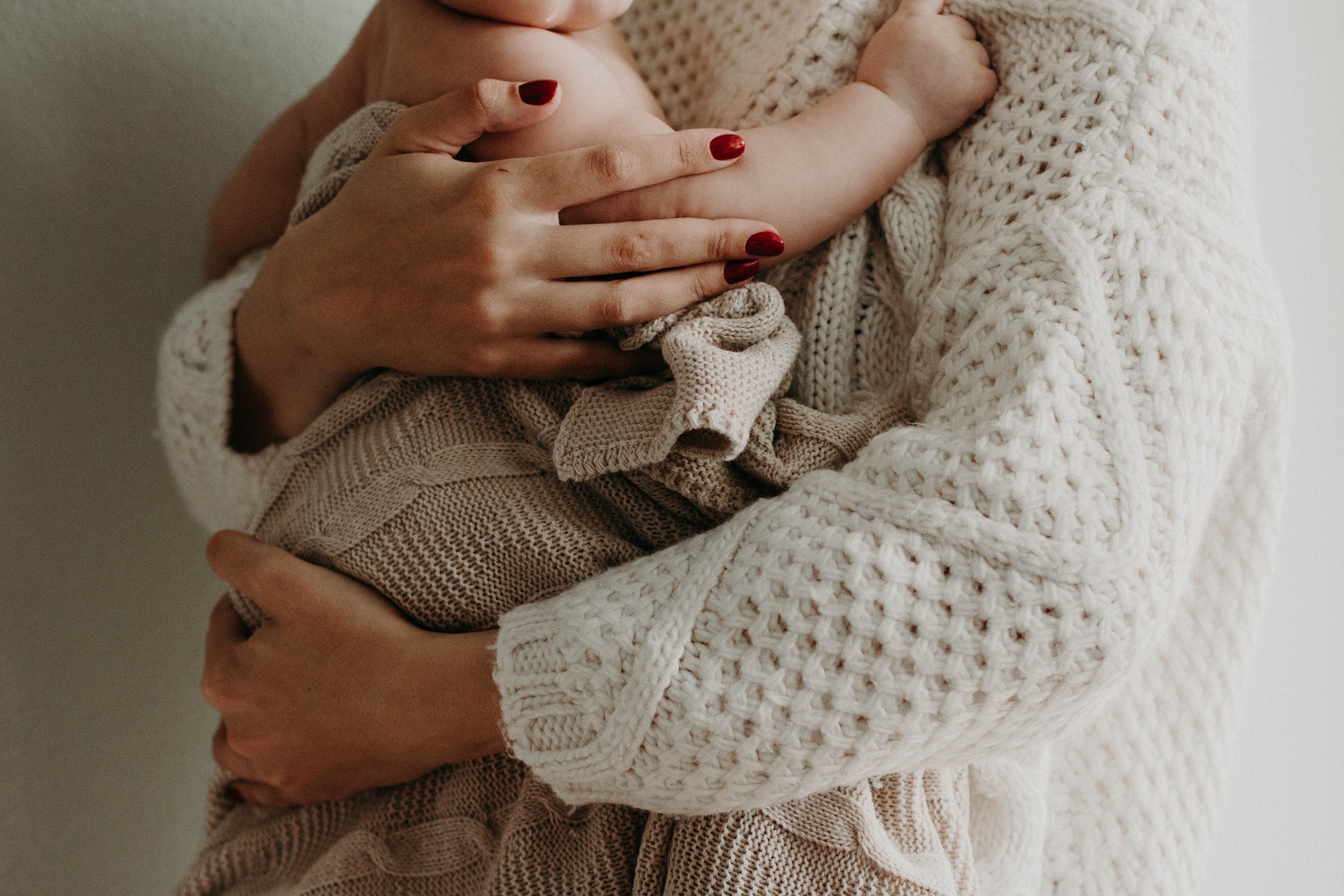Breastfeeding offers a host of health benefits to your developing child. It imparts vital immunity and complete nutrition with which no artificially created formula can quite compete. The American Academy of Pediatrics recommends doing so for at least the first six months of your infant’s life.
However, it does mean your infant remains reliant on your body — and everything you consume affects your milk supply. Here’s what not to eat after giving birth if you plan on breastfeeding your newborn.
1. Some Herbal Teas and Supplements
If you’re accustomed to using herbs for health, please check with your doctor or holistic practitioner before continuing use while breastfeeding. These substances work because of the healing compounds they contain, but they can produce unwanted side effects in little ones like a chemically formulated medication.
For example, many women take dong quai to regulate their menstrual cycle and even treat chest pain. However, it may cause uterine contractions if used during pregnancy and no one knows how it affects children. Therefore, you should avoid use while breastfeeding.
Other herbs you should avoid include lemon balm, oregano, parsley and peppermint. The latter two might reduce your milk supply. However, this list is far from exhaustive — please check with your provider.
2. Alcohol
You made it nine long months without a glass of champagne. However, you might want to wait a little bit longer to break out the bubbly for your post-birth celebration. Alcohol can pass through your breast milk to your unborn,
While fetal alcohol syndrome refers to damage done during the prenatal period, early alcohol exposure can cause long-term harm, particularly if you regularly imbibe before breastfeeding. Long-term alcohol use interferes with your brain’s GABA receptors, destroying them over time. GABA is your brain’s natural “chill pill,” telling you to relax, but it won’t work effectively when the receptors for it short-circuit. That glass of wine could set your baby up for an anxiety disorder if you sip while feeding.
3. Caffeine
That cup of joe that wakes you up could land you with a fussy baby. Even a cup of green tea could affect your child. Why? The caffeine interrupts iron absorption, a nutrient your baby needs to grow and develop.
Fortunately, you don’t have to give up your go-juice altogether, but you should moderate your consumption. Stick to no more than one cup per day of coffee, two of green tea. Pay attention if your child shows signs of sensitivity, such as unusual fussiness, difficulty sleeping or hyperactivity. If they do, you may have to lay off caffeine a bit longer.
Keep in mind that coffee and tea aren’t the only sources of caffeine. Many colas and sports drinks also contain the substance.
4. Fish That May Be High in Mercury
Pollution is an unfortunate reality in today’s world. Mercury levels aren’t wonderful for anyone, but they can harm your newborn if consumed during breastfeeding. Exposure can damage your baby’s brain and nervous system.
Fortunately, not all varieties are off the table. Cod and haddock are safe to serve and you can probably still enjoy the occasional tuna melt. However, please avoid the following species:
- King mackerel
- Orange roughy
- Marlin
- Shark
- Swordfish
- Tilefish
- Bigeye tuna (not albacore or white)
5. Spicy Foods
Maybe you love to pile on the heat. However, your baby might not have tolerance.
Here’s where you get to use your judgment, mama. There’s nothing inherently wrong with exposing your baby to various flavors in infancy. Doing so might broaden their dietary horizons as they develop. However, your child could develop an aversion to the taste and refuse to take milk. If that occurs, remember nourishing your infant takes precedence over your love affair with Tapatio.
6. Garlic
Your child isn’t a budding vampire if they stay away from the breast after you chow down on a garlic-crust pizza. They might object to the flavor. Strong, aromatic foods like garlic and onions have the same effect as spicy foods on some infants. You won’t hurt your baby by letting them nurse after you scarf down a heaping bowl of pasta, but you should skip anything that makes them refuse to feed.
7. FODMAPs
Some babies get gassy from FODMAPs — fermentable oligosaccharides, disaccharides, monosaccharides and polyols. The chances may increase if you have IBS and struggle with these foods, or symptoms may arise independently.
Watch out for foods like broccoli and brussels sprouts. If your child becomes gassy or develops diarrhea, consider modifying your diet while you feed.
8. Processed Junk You Don’t Want Your Kids to Crave Later
Numerous studies suggest that what you eat while pregnant and breastfeeding affects your child’s tastes later in life. Everything they consume affects their overall health, meaning you should make good choices if you want them to do the same.
Animal studies even suggest that genetically lean infants raised by overweight dams are more prone to developing insulin resistance from dietary factors. Conversely, those genetically prone to being overweight improved their insulin sensitivity.
The bottom line: You should avoid overly processed foods laden with white flour and sugar if you want your children to likewise steer clear. Indulging now could mean facing battles later in the grocery checkout aisle when they clamor for candy.
What Not to Eat After Giving Birth
You aren’t quite finished eating for two once you give birth. Doctors highly recommend breastfeeding for many reasons, but much of what you consume flows into your milk supply.
Therefore, you still need to exercise caution to protect your baby’s health. Consult this list of what not to eat after giving birth and enjoy bonding with your new baby.

